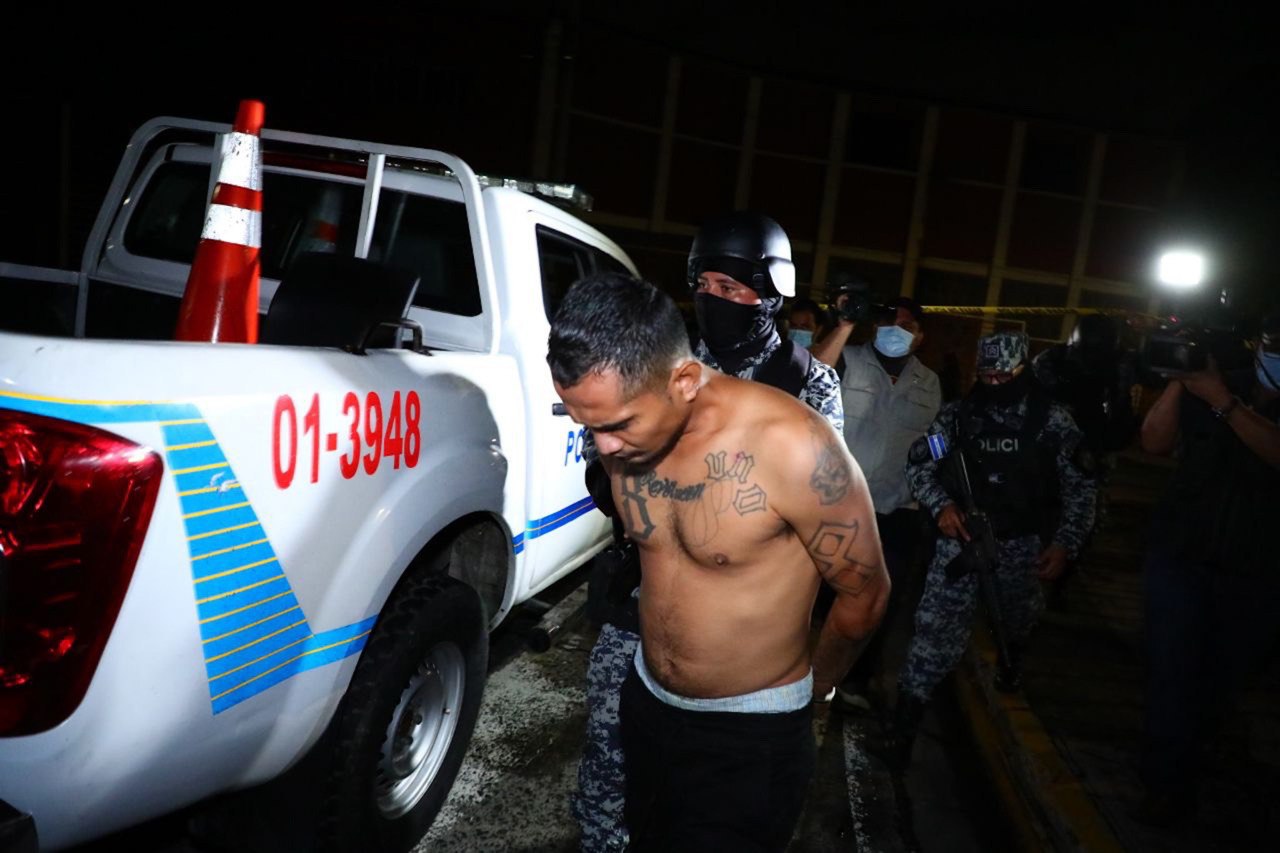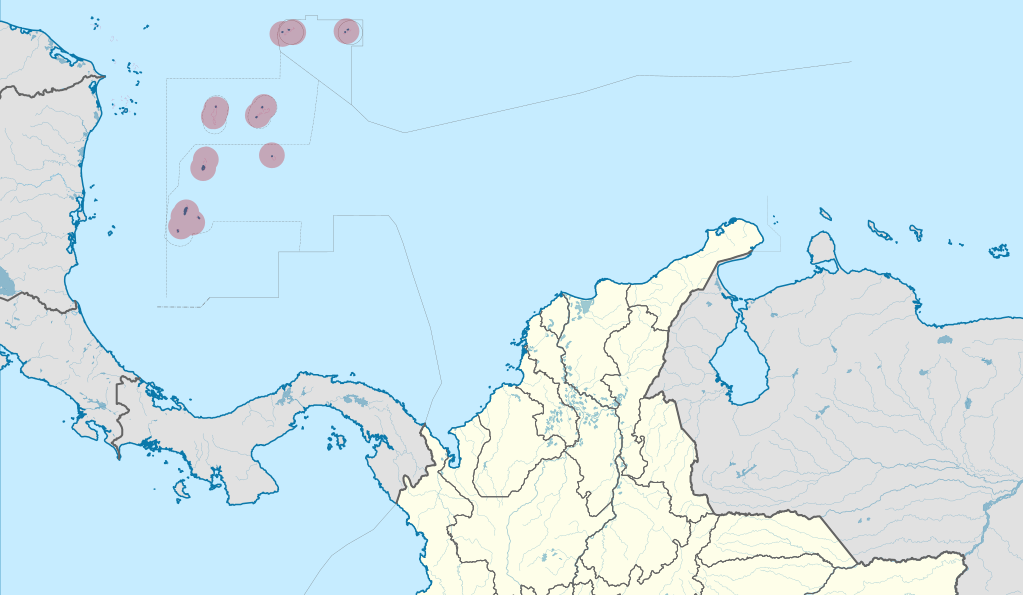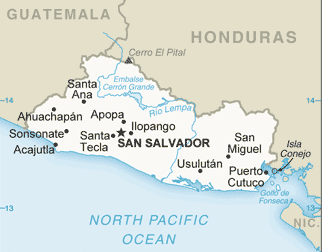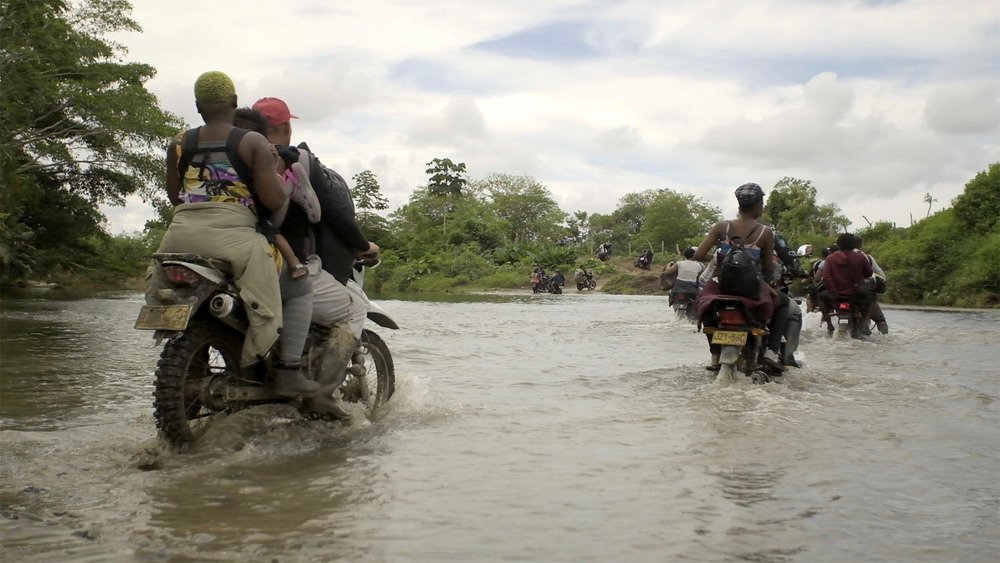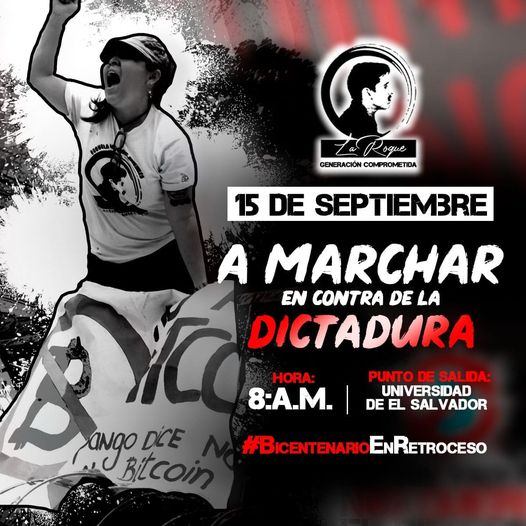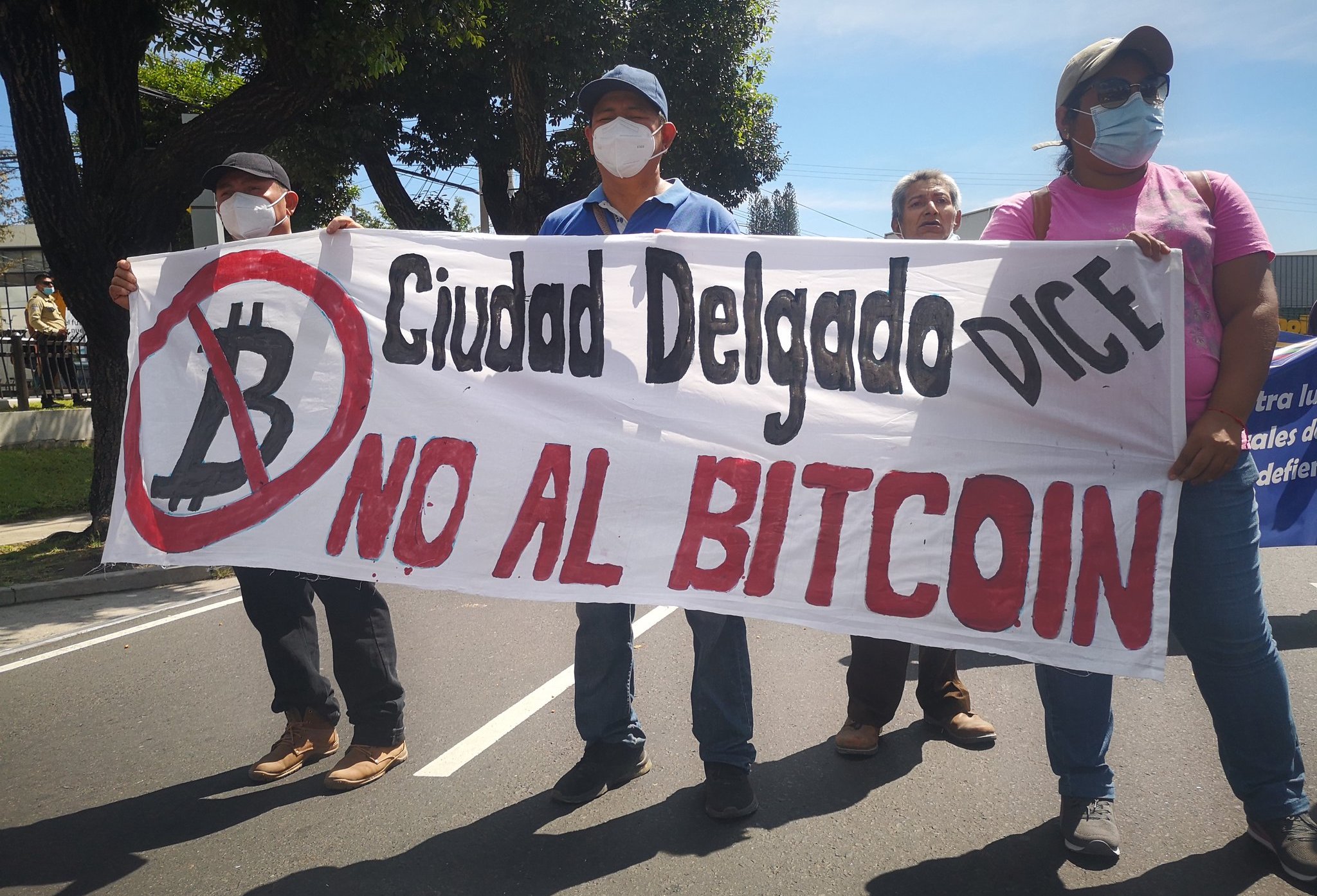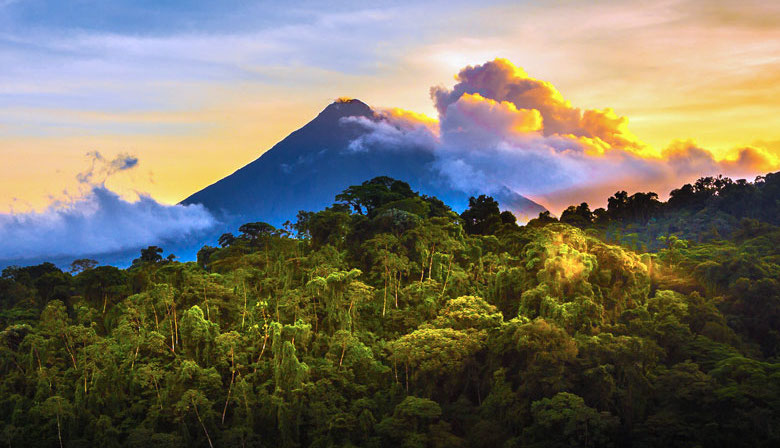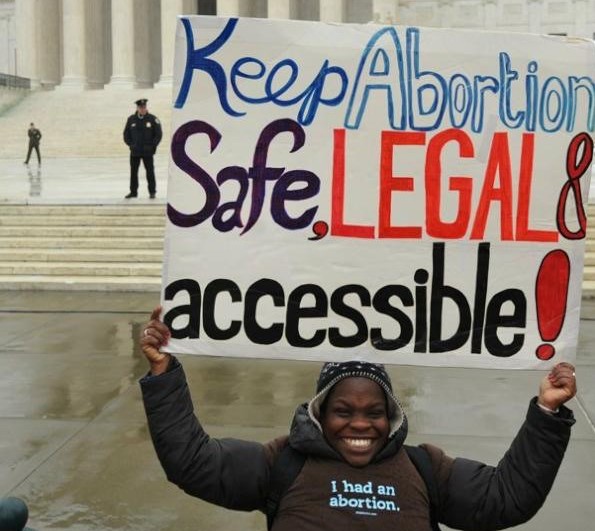
El Salvador: warning for post-Roe US
The US Supreme Court decision overturning Roe v. Wade comes six weeks after a court in El Salvador sentenced a woman to 30 years in prison after she suffered an obstetric emergency that resulted in termination of her pregnancy, according to a local advocacy group that was assisting in her defense. The Citizen Group for the Decriminalization of Abortion (ACDATEE) denounced the sentence and said it would appeal the conviction. The woman, identified only as “Esme,” was held in pre-trial detention for two years following her arrest when she sought medical care at a hospital. She already had a seven-year-old daughter. (Photo: Debra Sweet/WikiMedia via Jurist)



